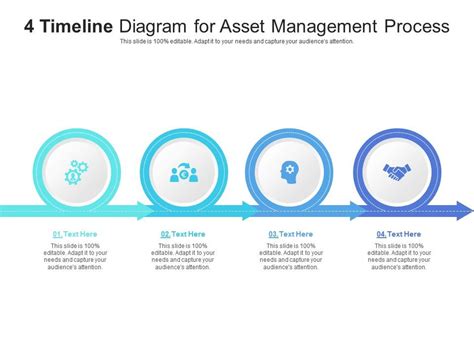Navigating the Asset Sale Process: A Timeline Overview
Selling a business's assets can be a complex undertaking, requiring careful planning and execution. This comprehensive guide provides a timeline overview of the asset sale process, highlighting key stages and considerations to ensure a smooth and successful transaction. Understanding this timeline empowers sellers to proactively manage expectations, allocate resources effectively, and ultimately achieve the best possible outcome.
Phase 1: Pre-Sale Preparation (Weeks 1-8)
This initial phase focuses on laying the groundwork for a successful asset sale. It involves crucial steps that will significantly impact the speed and efficiency of the later stages.
1.1 Defining Objectives and Valuation:
Before initiating the process, clearly define your goals. What are your desired financial outcomes? What timeframe are you working with? A professional business valuation is crucial to establish a realistic asking price, attracting serious buyers. This valuation should consider tangible and intangible assets, market conditions, and the company's financial performance.
1.2 Assembling Necessary Documents:
Gather all relevant financial statements (balance sheets, income statements, cash flow statements), legal documents (articles of incorporation, contracts, permits), tax returns, and any other documentation that prospective buyers will require during due diligence. Organizing these documents upfront significantly streamlines the process.
1.3 Identifying Potential Buyers and Marketing the Assets:
Decide on your preferred marketing strategy. Will you engage a broker, utilize online marketplaces, or approach potential buyers directly? A well-crafted marketing package highlighting the key assets and their potential value is essential to attract interest from qualified buyers.
1.4 Legal and Tax Advice:
Seek advice from legal and tax professionals early on. They can guide you through the legal and regulatory requirements, ensuring compliance and minimizing potential liabilities throughout the sale process. This proactive approach prevents costly delays and potential disputes later.
Phase 2: Buyer Selection and Due Diligence (Weeks 9-16)
This phase involves evaluating potential buyers and undergoing a thorough due diligence process.
2.1 Responding to Inquiries and Evaluating Offers:
Review all expressions of interest and choose potential buyers who meet your criteria. Negotiate terms and conditions, focusing on price, payment terms, and closing timelines. Consider not only the highest offer but also the buyer's financial capacity and commitment.
2.2 Due Diligence:
The buyer will typically conduct due diligence, reviewing the documents you've provided to verify the accuracy of the information and assess the assets' condition and value. Be prepared to answer questions and provide additional information as needed. This stage can be time-consuming, requiring patience and transparency from both parties.
2.3 Negotiating the Definitive Agreement:
Once due diligence is complete, finalize the terms of the asset purchase agreement (APA). This legally binding document outlines all aspects of the sale, including the purchase price, payment terms, closing date, representations and warranties, and liabilities. Legal counsel is essential to ensure the APA protects your interests.
Phase 3: Closing and Post-Sale Activities (Weeks 17-24)
The final phase involves completing the transaction and handling post-sale responsibilities.
3.1 Closing the Transaction:
This involves executing the APA, transferring ownership of the assets, and receiving payment. Coordinate with your legal and financial advisors to ensure a smooth closing process.
3.2 Post-Closing Activities:
After the sale, manage any remaining responsibilities, such as transferring employee records or dealing with outstanding contracts. Review the transaction to identify areas for improvement in future sales.
Frequently Asked Questions
How long does the asset sale process typically take?
The timeframe varies depending on factors such as the complexity of the assets being sold, the number of potential buyers, and the negotiation process. It can range from several weeks to several months.
What are the typical costs associated with an asset sale?
Costs can include legal fees, accounting fees, valuation fees, marketing expenses, and broker commissions. These costs should be factored into your overall financial planning.
What if a buyer backs out after due diligence?
If a buyer backs out, you may need to re-engage with other interested parties or revise your marketing strategy. Having a well-defined contingency plan is crucial.
What are the tax implications of selling business assets?
Capital gains taxes may apply to the profits from the asset sale. Consulting with a tax professional is essential to understand and minimize your tax liability.
This timeline provides a general framework. The specific details of your asset sale process will vary based on your individual circumstances. Proactive planning, thorough preparation, and expert legal and financial advice are crucial for a successful transaction. Remember, seeking professional guidance at each stage ensures you navigate this complex process effectively and achieve your desired outcome.

